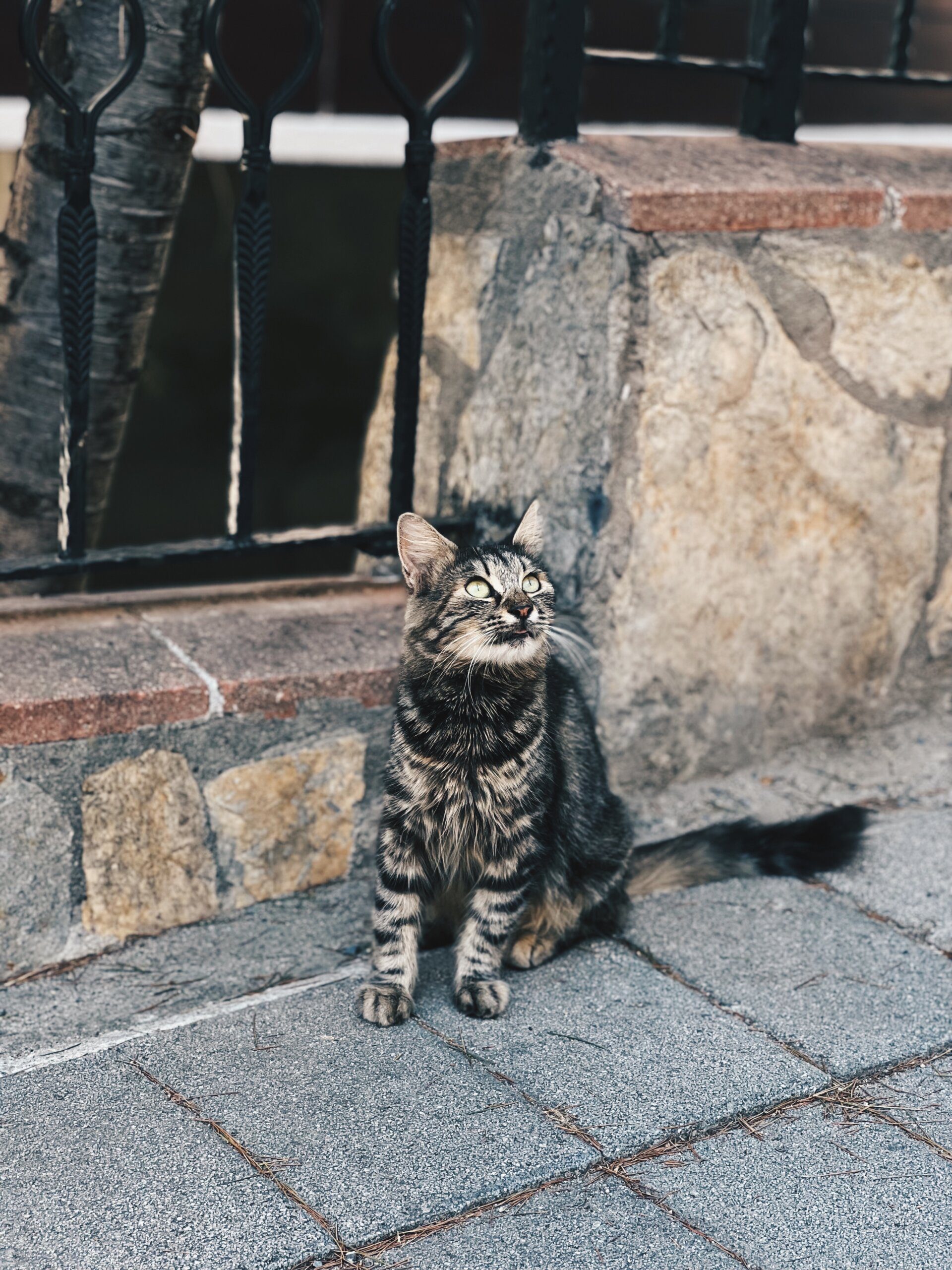Are you curious about owning an exotic pet that is both adorable and unique? Well, look no further than the beloved capybara! These lovable creatures, native to South America, have gained popularity in recent years as potential household companions. But can you actually buy a capybara as a pet? Let’s explore the ins and outs of capybara ownership and discover if these charming creatures can be the perfect addition to your family.

Considerations before Purchasing a Capybara as a Pet
Size and Space Requirements
One of the most important factors to consider before purchasing a capybara as a pet is their size and space requirements. Capybaras are the largest rodents in the world, with adult males often weighing over 100 pounds and measuring up to four feet in length. They need ample space to roam and forage, so owning a capybara in a small apartment or without access to outdoor space is not recommended. A large, securely fenced yard or access to a suitable body of water is essential for their well-being.
Lifespan and Commitment
Owning a capybara is a long-term commitment as these animals have a relatively long lifespan. In the wild, capybaras can live up to 10-12 years, while in captivity, with proper care, they can live even longer, sometimes up to 15 years. Potential owners should be prepared to provide care and attention to their capybara for a significant portion of their life.
Legal Considerations
Before deciding to get a capybara as a pet, it is important to research and understand the legal considerations involved. Capybara regulations vary from country to country and even within different regions or states. In some places, owning a capybara may require a special permit or be outright prohibited. It is crucial to check with local authorities or wildlife agencies to ensure that owning a capybara is legal in your area.
Cost of Owning a Capybara
Owning a capybara can be a significant financial commitment. Beyond the initial cost of purchasing the animal from a reputable breeder or rescue organization, there are ongoing expenses to consider. These include providing a suitable enclosure, feeding a proper diet, veterinary care, and other supplies necessary for their well-being. It is important to factor in these costs and ensure that you have the financial means to provide for your capybara before bringing one home.
Capybara Ownership Experience
It is essential to consider your own experience and comfort level with owning and caring for exotic pets before getting a capybara. Capybaras have specific needs and behaviors that may be different from more common pets. They require patient socialization and training to ensure they are well-behaved and happy. Assessing your ability to meet these requirements and your commitment to providing a positive environment for a capybara is crucial for a successful and fulfilling ownership experience.
Caring for a Capybara
Housing
Capybaras have complex housing requirements due to their size and social nature. They thrive in large enclosures that provide ample space for them to roam and explore. The enclosure should ideally have access to a body of water, as capybaras are semi-aquatic and enjoy soaking in water to regulate their body temperature. The enclosure should be securely fenced, as capybaras have a tendency to wander. It is important to provide a variety of hiding spots, vegetation, and objects for enrichment to ensure a stimulating environment for your capybara.
Diet
Proper diet is crucial for the health and well-being of a capybara. They are herbivores and have specific dietary requirements. The foundation of their diet should consist of high-quality grass hay, along with a selection of fresh vegetables, fruits, and occasional treats. Leafy greens, such as kale and lettuce, should be included in their daily meals. It is important to provide a balanced diet that meets their nutritional needs and consult with a veterinarian or experienced capybara owner to ensure you are feeding your pet appropriately.
Socialization
Capybaras are highly social animals and require regular socialization to thrive as pets. They have a strong need for companionship, so it is recommended to have at least two capybaras to prevent them from becoming lonely or anxious. If you only have one capybara, it is important to spend ample time with them and provide opportunities for social interaction with other animals or humans. Positive and consistent socialization is key to help capybaras develop trusting relationships with their owners and feel secure in their environment.
Exercise
Capybaras are active animals and require regular exercise to maintain their physical and mental health. They should have access to a large outdoor space where they can run and explore. Swimming is a natural activity for capybaras, so providing a pond or pool where they can swim is highly beneficial. In addition to outdoor exercise, capybaras should have access to indoor space to move around and play during inclement weather or at night. Regular exercise helps prevent obesity and promotes overall well-being for these energetic animals.
Healthcare
Capybaras require regular veterinary care to ensure their health and detect any potential health issues early on. It is important to find a veterinarian who is experienced with exotic animals, preferably one who specializes in capybaras or similar species. Routine check-ups, vaccinations, and dental care should be part of their healthcare regimen. Additionally, capybaras are prone to certain health conditions such as dental problems and skin infections, so it is important to monitor their overall health and seek veterinary attention if any issues arise.

Where to Buy a Capybara
Legal Restrictions
Before purchasing a capybara, it is crucial to understand the legal restrictions and regulations pertaining to their ownership in your area. As mentioned earlier, capybara ownership is subject to regional laws, which can range from specific permits being required to complete prohibition. Checking with local authorities or wildlife agencies will help ensure that you are not breaking any laws by owning a capybara as a pet.
Licensed Breeders
When looking to buy a capybara, it is recommended to seek out licensed breeders who specialize in exotics. Breeders who are knowledgeable about capybara care and have experience in raising them will be able to provide you with healthy and well-socialized animals. A reputable breeder will also be able to guide you in the process of acquiring a capybara and provide ongoing support and advice.
Rescue Organizations
Rescue organizations can be another option to consider when looking to acquire a capybara. Sometimes, people who can no longer care for their capybaras may surrender them to rescue organizations. These organizations assess the suitability of potential adopters and ensure that the capybaras are placed in suitable homes. Adopting a rescued capybara not only provides a home for an animal in need but also helps support the important work carried out by these organizations.
Training and Taming a Capybara
Socialization and Trust Building
Before beginning any training, it is crucial to establish a foundation of trust and bond with your capybara. Spending quality time with your pet, providing gentle affection, and positive reinforcement will help build trust and create a strong bond. Capybaras respond well to positive reinforcement training methods, such as clicker training, that reward desired behaviors with treats or praise. Consistency, patience, and understanding their individual personalities are key to successful socialization and trust-building.
Basic Training Commands
Teaching basic commands can help establish boundaries and ensure that your capybara is well-behaved. Commands such as sit, stay, and come can be taught using positive reinforcement techniques. Capybaras are intelligent animals, but each individual may have their own learning pace, so it is important to be patient and adapt your training methods to suit their needs. Consistency and repetition are key to reinforcing these commands over time.
Behavioral Challenges
Like any animal, capybaras may exhibit behavioral challenges that require attention and modification. Destructive chewing habits, for example, can be addressed by providing appropriate chew toys and redirecting their attention towards those objects. Patience and consistent training can help shape their behaviors. If you are experiencing difficulties with your capybara’s behavior, seeking guidance from an experienced trainer or veterinarian who specializes in exotics can provide valuable insights and solutions.

Potential Challenges of Owning a Capybara
Destructive Chewing Habits
Capybaras, like other rodents, have a natural instinct to chew, which can sometimes lead to destructive behaviors. From gnawing on furniture to damaging electrical cords, their chewing habits can pose challenges. Providing appropriate chew toys, ensuring a safe and enriched environment, and redirection techniques can help manage and minimize destructive chewing behaviors.
Need for a Pond or Pool
Capybaras are semi-aquatic animals and have an innate desire to swim. As such, they require access to a pond or pool to fulfill this need. Building or maintaining a suitable water feature can be a challenge, especially if you live in an area with cold climates or limited space. Ensuring a clean and secure swimming area that meets their needs is essential for their physical and psychological well-being.
Specific Temperature and Humidity Requirements
Capybaras are native to the tropical regions of South America and are adapted to warm and humid climates. They are not well-suited to colder environments and have specific temperature and humidity requirements. Maintaining an optimal temperature range and humidity level in their living space may require additional resources and monitoring. Proper heating, insulation, and adequate ventilation are necessary to ensure your capybara remains comfortable and healthy.
Limited Availability of Veterinary Care
Capybaras are still considered exotic pets, and as such, not all veterinarians have experience or knowledge in treating them. Finding a veterinarian who specializes in exotics or has experience with capybaras can be a challenge, especially in areas where these animals are not commonly kept as pets. Limited availability of veterinary care may mean traveling longer distances or consulting remotely with experienced professionals to ensure the health and well-being of your capybara.
Capybaras as Pets: Pros and Cons
Advantages of Owning a Capybara
Owning a capybara as a pet can be a unique and rewarding experience for the right individual. They are highly social animals and can form strong bonds with their owners. Capybaras have an endearing and gentle nature, which can make them delightful companions. Their intelligence and trainability make them a fascinating animal to interact and engage with. They also have a long lifespan, providing the potential for many years of shared experiences and memories.
Disadvantages of Owning a Capybara
While capybaras can make wonderful pets, there are also several disadvantages to consider. Their large size and specific habitat requirements necessitate a significant investment in space, time, and resources. Their social nature means they require companionship, which may require owning multiple capybaras or providing alternative socialization opportunities. Additionally, the legal restrictions surrounding capybara ownership can limit the availability of these animals as pets and require adherence to certain regulations.
Other Exotic Pets Similar to Capybaras
Patagonian Cavy
Patagonian cavies, also known as Patagonian maras, are another exotic pet option similar to capybaras. They are small, herbivorous mammals native to South America. While they share some characteristics with capybaras, such as a semi-arboreal lifestyle and social nature, they are smaller and have different care requirements. Patagonian cavies are legal to own as pets in some areas, but it is important to research and understand their care needs and legalities in your specific location.
Giant Guinea Pig
The giant guinea pig, also known as the capybara guinea pig or domestic capybara, is a larger breed of guinea pig that resembles a miniature version of a capybara. They are bred specifically for their size and appearance, but they do not have the same care requirements or behaviors as capybaras. Giant guinea pigs are legal to own as pets in many places, but it is important to note that they are a selectively bred domestic species, not a true capybara.
Miniature Pet Pigs
Miniature pet pigs, often referred to as teacup or micro pigs, are another exotic pet option that can be similar to capybaras in terms of size and unique care needs. They require spacious outdoor areas, specific diets, and regular veterinary care. Like capybaras, miniature pet pigs are not suited for small living spaces and require a long-term commitment. It is important to educate yourself about their care requirements and legalities before considering them as pets.
FAQs about Capybara Ownership
What is the cost of a pet capybara?
The cost of a pet capybara can vary depending on several factors, including the breeder, location, and any additional expenses such as transportation or permits. On average, the cost of purchasing a capybara can range from $1,000 to $5,000. It is important to remember that the initial cost is just the start, as there are ongoing expenses for housing, feeding, and healthcare.
Are capybaras legal as pets in all states?
The legality of owning a capybara as a pet varies by country, region, and even within different states. Some places allow capybara ownership with certain permits or restrictions, while others prohibit it entirely. It is crucial to research and understand the laws and regulations in your specific area before considering a capybara as a pet.
Do capybaras require a special diet?
Yes, capybaras have specific dietary requirements. They are herbivores and should have a diet consisting primarily of high-quality grass hay, supplemented with fresh vegetables and fruits. Leafy greens, such as kale and lettuce, should also be included in their daily meals. It is important to provide a balanced diet that meets their nutritional needs, and consulting with a veterinarian or experienced capybara owner can help ensure you are feeding your pet appropriately.
Can capybaras be potty trained?
Yes, capybaras can be potty trained to an extent. With consistent and patient training, capybaras can learn to use a designated toileting area, such as a litter box or outdoor area. Positive reinforcement techniques can be used to encourage desired bathroom behaviors. However, it is important to note that accidents may still occur, especially during the training period or if the capybara is not feeling well.
How do capybaras socialize with other pets?
Capybaras are generally social animals and can potentially get along well with other pets, including dogs and cats. However, it is important to introduce them gradually and under controlled circumstances. Proper socialization, supervision, and ensuring that all animals are comfortable and safe in each other’s presence are crucial. Each situation is unique, and it is important to monitor interactions and consult with a professional if any issues or concerns arise.
Conclusion
Owning a capybara as a pet can be a rewarding experience, but it requires careful consideration of their size and space requirements, the commitment involved, legal considerations, and the potential challenges they may present. Providing appropriate housing, diet, socialization, exercise, and healthcare is crucial for their well-being. Before acquiring a capybara, it is important to research and understand the laws and regulations surrounding their ownership in your area. Considering the pros and cons of capybara ownership and exploring alternative exotic pet options can help ensure that you make an informed decision and provide the best possible care for your pet.



